On March 12, 2025, the 5th International Academic Annual Conference of the China-EU Institute for Clean and Renewable Energy (ICARE), themed “Smart Energy, Green Transition, and Global Governance,” was held with remarkable success in Room S311 of the Clean Energy Building.
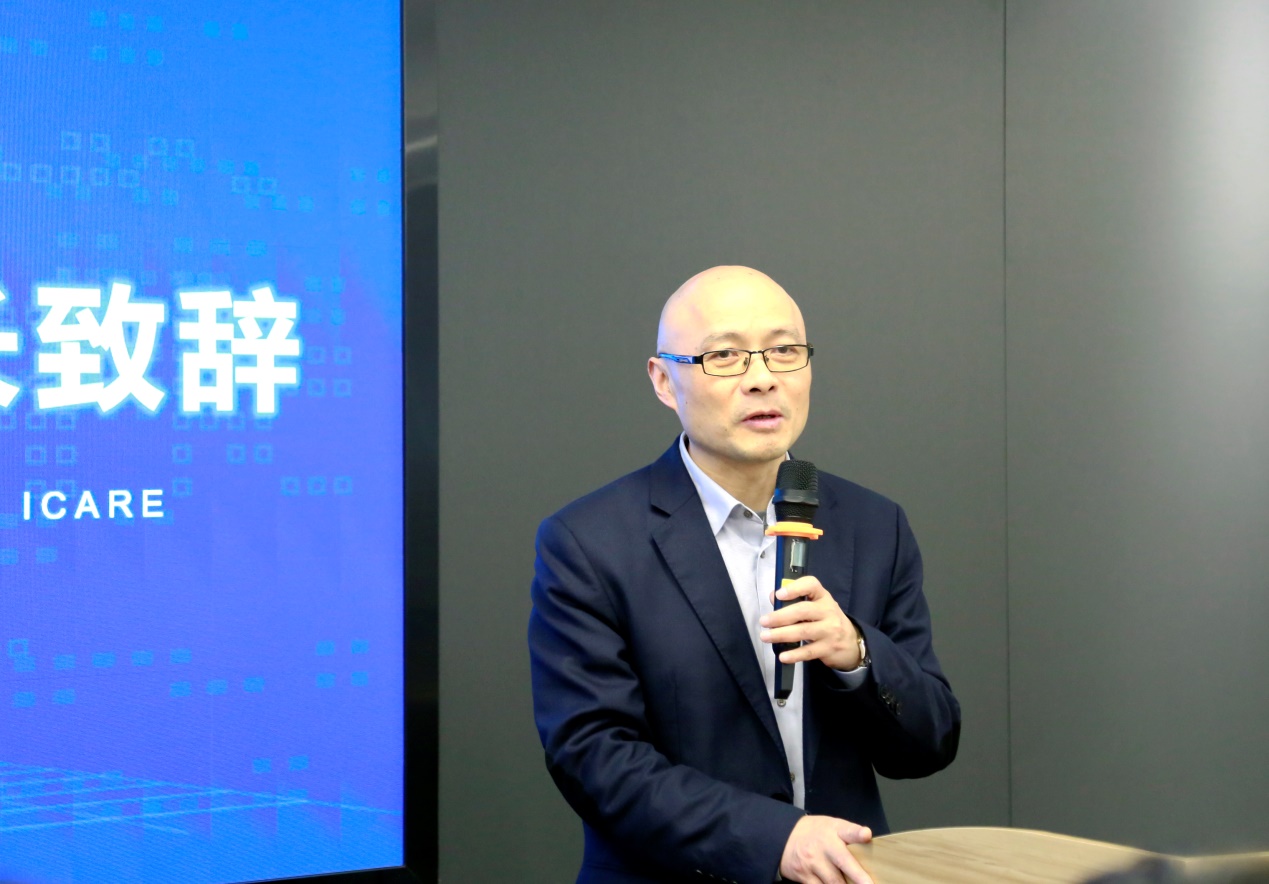
Attendees at the opening ceremony included Prof. Luo Xiaobing, Chinese Dean of ICARE; Prof. Alain Thorel, EU Project Coordinator of ICARE; Dr. Zou Qingming, Vice Dean of ICARE; Prof. Hu Song, Director of the Scientific Affair Office; and Ms. Liu Yang, Director of the Academic Affairs Office. The event also featured keynote presentations by Prof. Hu Run from the School of Energy and Power Engineering and Associate Prof. Fang Chun from the School of Materials Science and Engineering. Nearly 100 postgraduate students participated in the opening session.
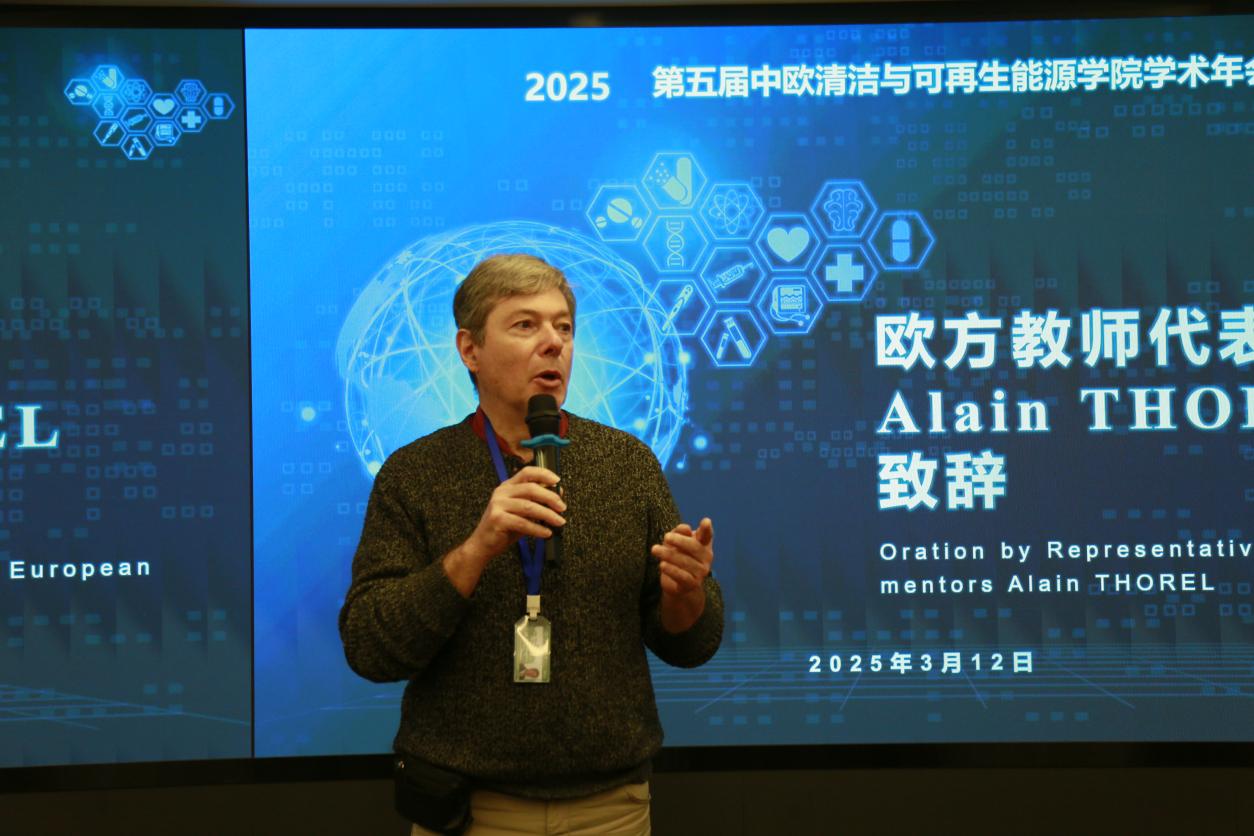
The conference officially commenced at 9:00 a.m. In his opening address, Prof. Luo Xiaobing reflected on ICARE’s noteworthy progress in academic research and talent development, emphasizing the importance of the annual conference in supporting students’ research, graduation, and career advancement. He encouraged both faculty and students to further explore their research fields, leverage the advantages of ICARE’s international platform, and maintain an open and global perspective. He concluded by wishing the conference immense success.
Prof. Alain Thorel shared reflections aligned with the conference theme, discussing future opportunities for China-Europe collaboration in new energy technologies. He also extended warm congratulations on the successful opening of the event.
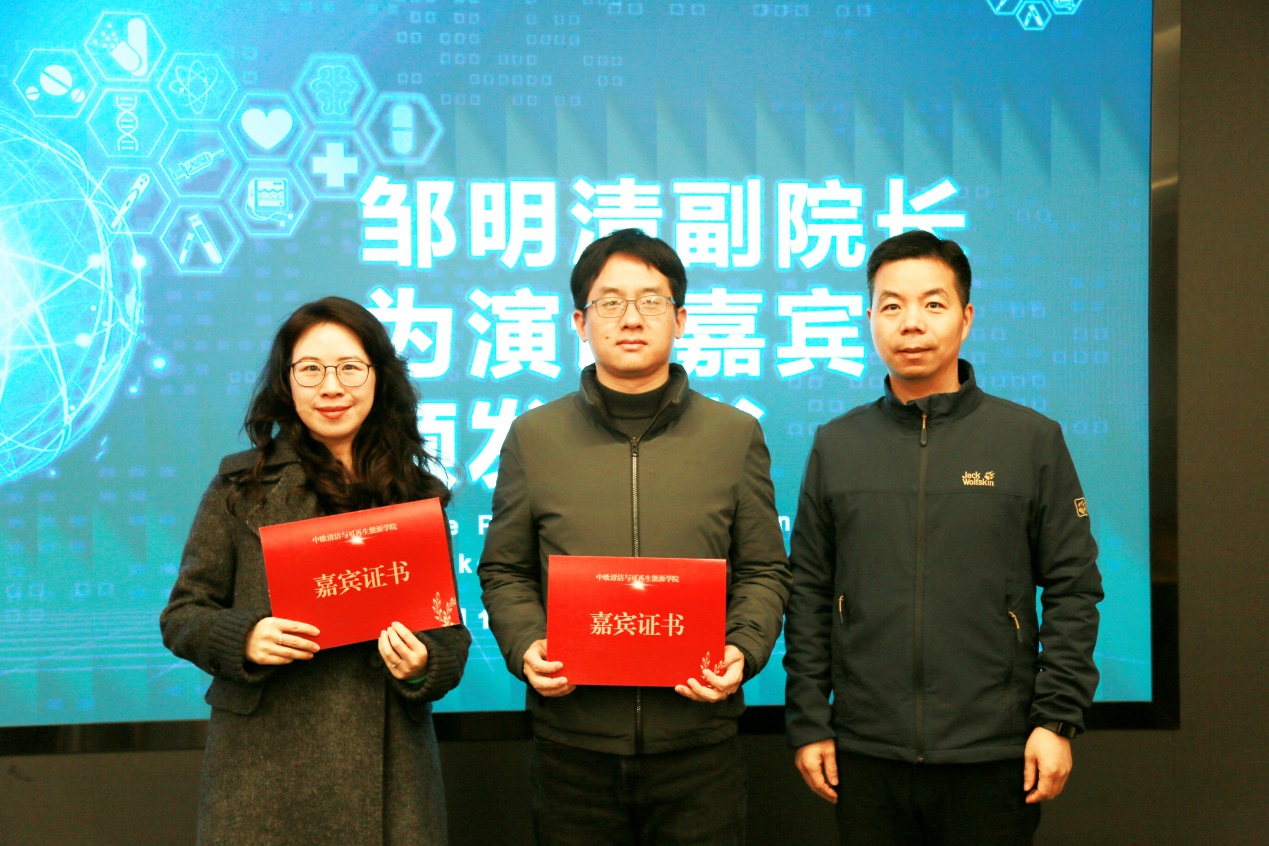
Dr. Zou Qingming encouraged students to actively highlight their research and pursue excellence. He also presented certificates of appreciation to keynote speakers Prof. Hu Run and Prof. Fang Chun.
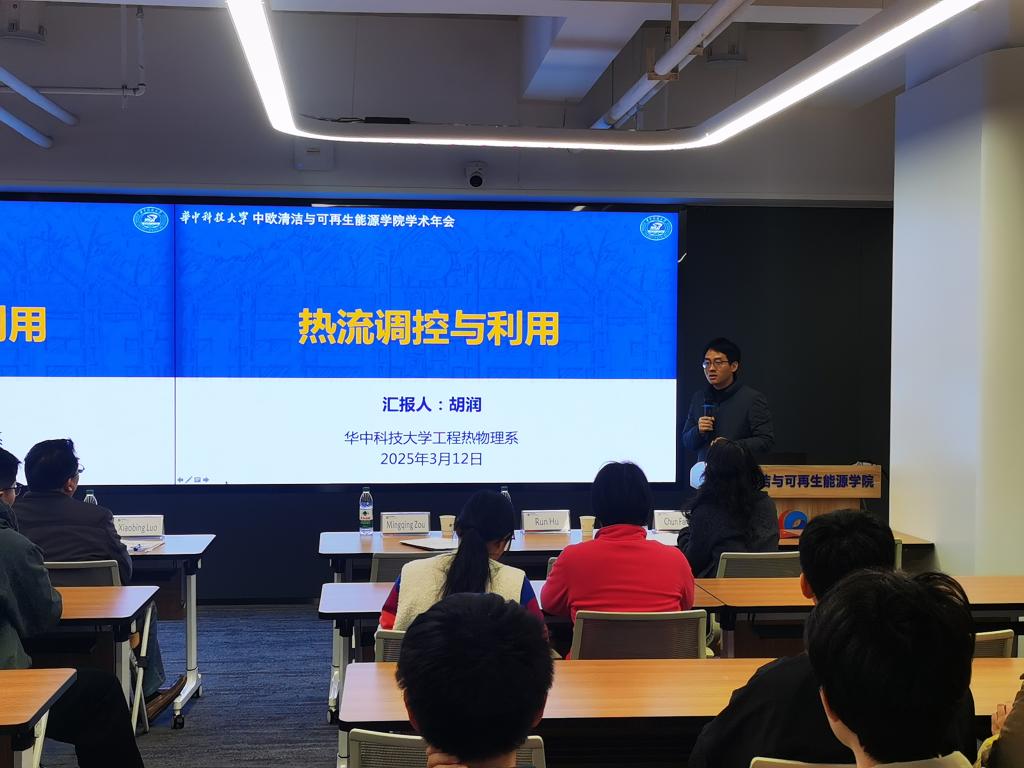
Prof. Hu Run then delivered a keynote lecture titled Thermal Flow Regulation and Utilization, offering a comprehensive overview of innovative developments in heat transfer at the intersection of engineering and physics. He stated, “Optimizing heat transfer is a key technological pathway for enhancing energy efficiency and achieving the dual-carbon goals.” During the Q&A session, he addressed practical issues such as research methodology and thermodynamic applications, offering valuable insights to participants.
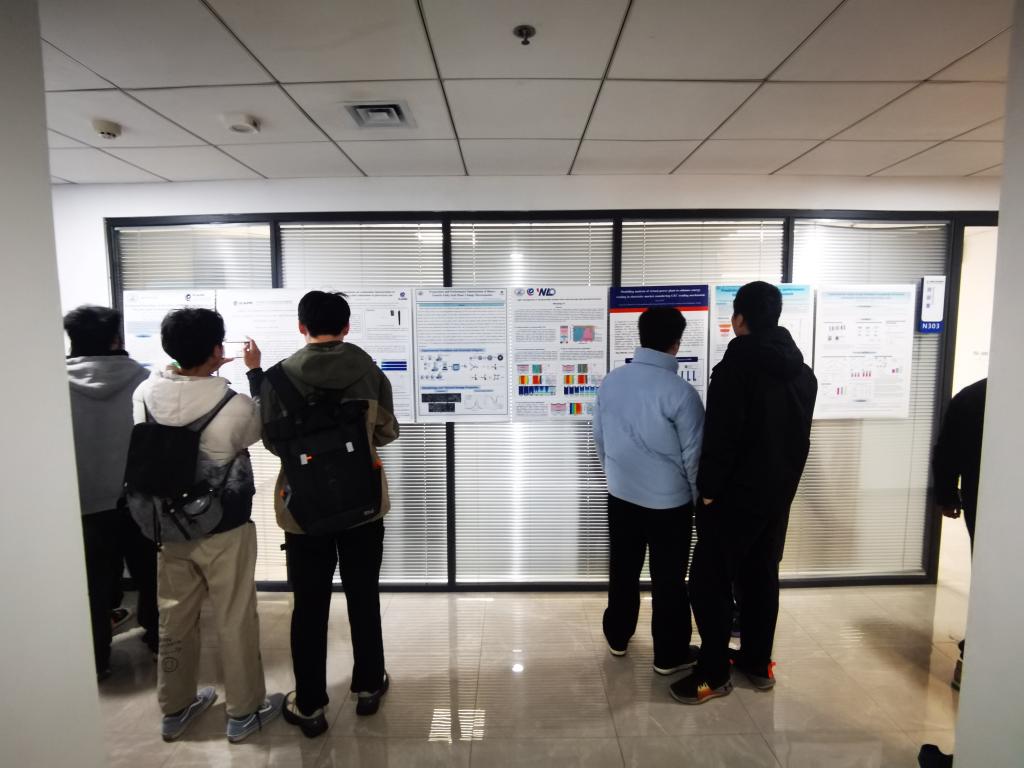
During the coffee break, attendees visited poster exhibitions highlighting selected research papers and engaged in lively discussions on diverse topics in the field of new energy.
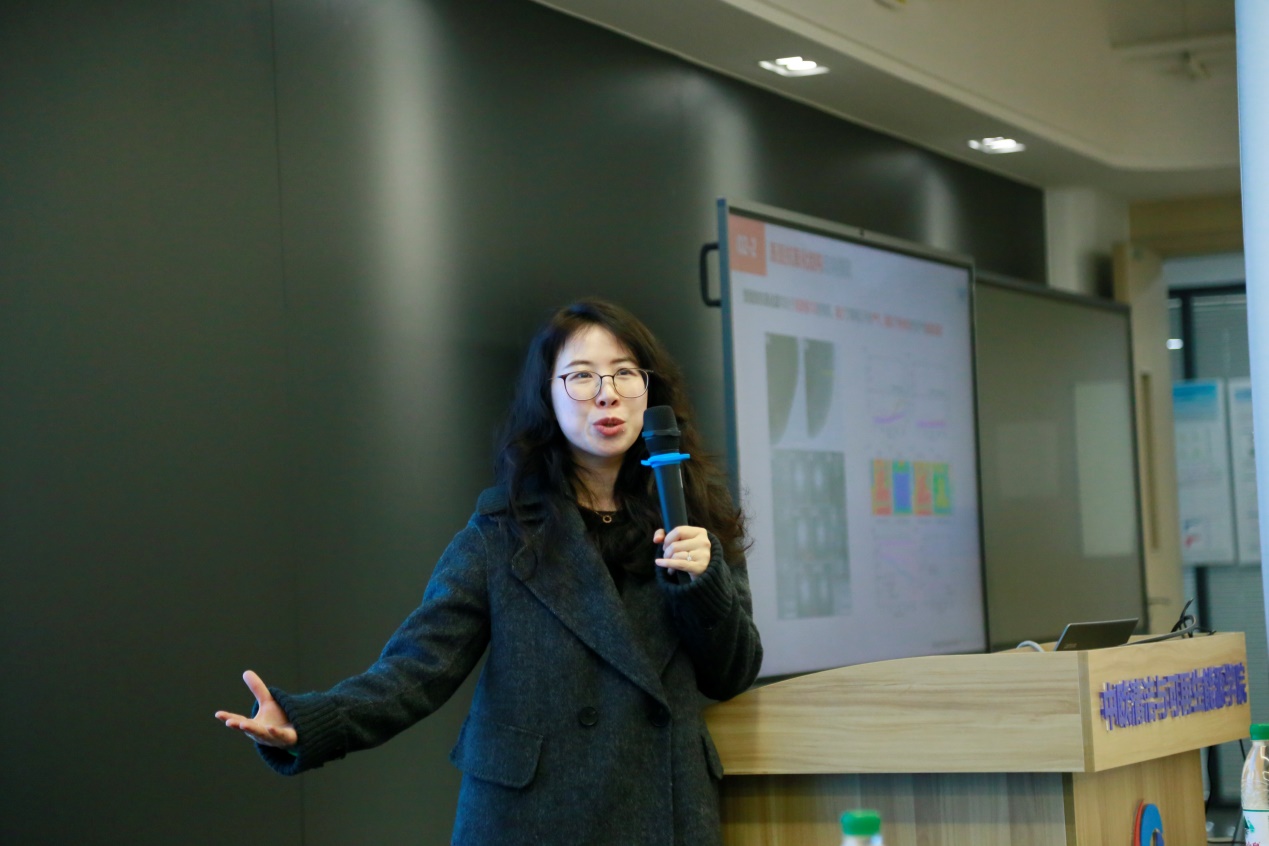
Following the break, Associate Prof. Fang Chun presented a report titled Interfacial Engineering in High-Voltage Cathode Materials for Lithium-Ion Batteries. She addressed core scientific challenges in cathode material development for high-voltage applications, focusing on three research directions: improving intrinsic material stability through localized structural modulation, designing gradient functional layers via surface engineering, and enhancing electrode/electrolyte compatibility using interfacial techniques. In the discussion session, graduate students raised frontier questions such as the “surface reconstruction mechanisms of high-nickel materials” and “characterization techniques for solid-state battery interfaces,” creating a dynamic academic exchange.
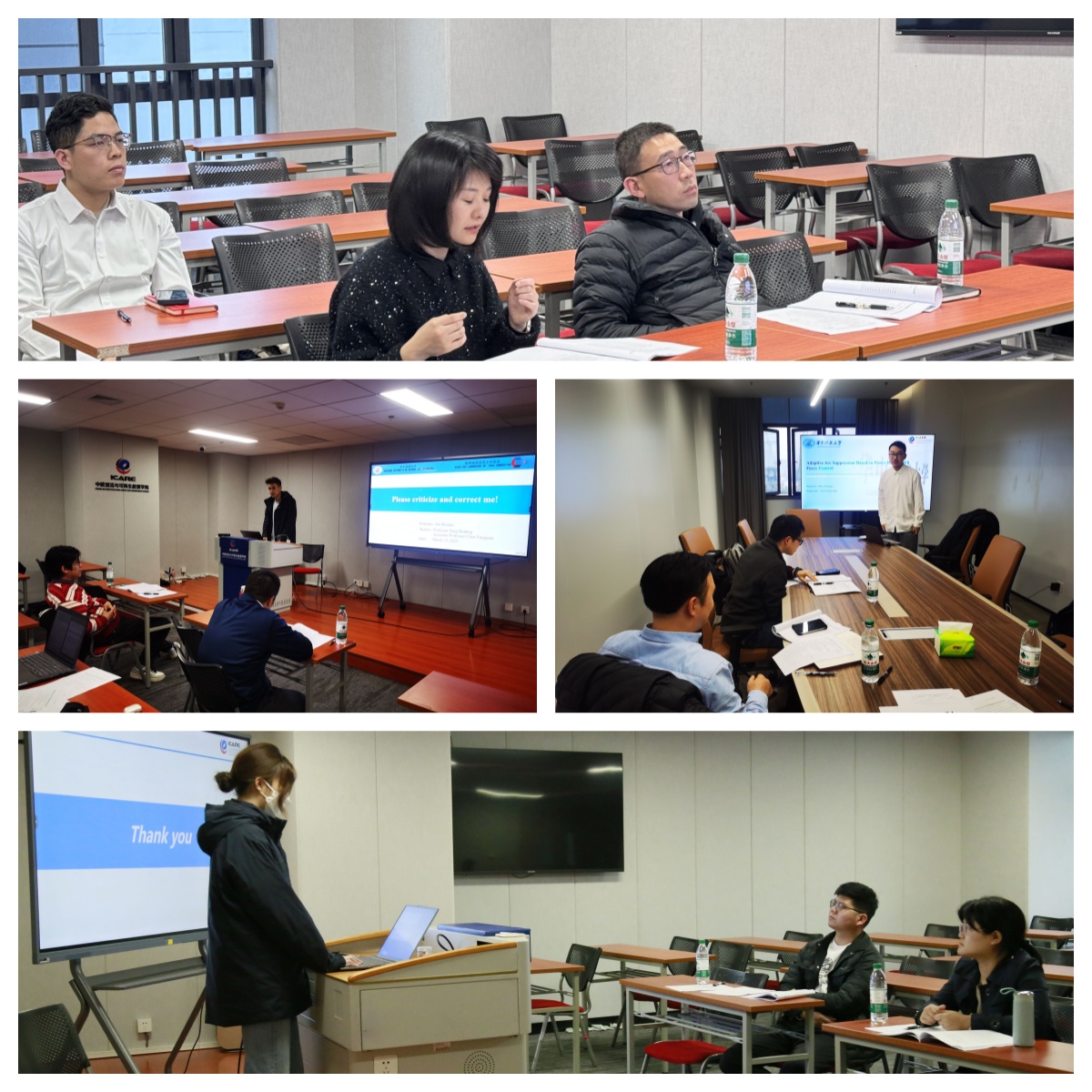
At 2:00 p.m., postgraduate students delivered oral presentations simultaneously in Classrooms S411, S310, N411, and N412 of the Clean Energy Building. Presentations were divided into six thematic tracks: Energy Storage, Energy Efficiency, Energy Efficiency (CCUS sub-track), Hydrogen Energy, Biomass Energy, and Solar Energy. Expert reviewers included Liu Huan, Wang Yi, Li Song, Chen Yingquan, Wang Ben, Tu Yaojie, Yu Jie, and Dai Letian.
After a rigorous review and initial screening, over 30 outstanding papers advanced to the final defense round. Students gave English presentations detailing their research findings in new energy, addressing reviewers’ questions on experimental design and data analysis. Reviewers provided constructive feedback on academic innovation, methodological soundness, and engineering relevance. The session offered a strong platform for interdisciplinary exchange, deepening participants’ understanding of innovative trends in new energy technologies and enhancing collaborative innovation within ICARE’s research community.
Guided by the dual-carbon strategy and driven by the growing momentum of the new energy sector, the 5th International Academic Annual Conference of ICARE concluded successfully. Committed to improving the quality of postgraduate education, the event inspired students’ enthusiasm for research and innovation in clean and renewable energy. Through rich academic exchanges, it fostered collaboration and intellectual synergy among faculty and students, strengthening China-Europe academic partnerships and laying a solid foundation for future academic and industrial advancement.



